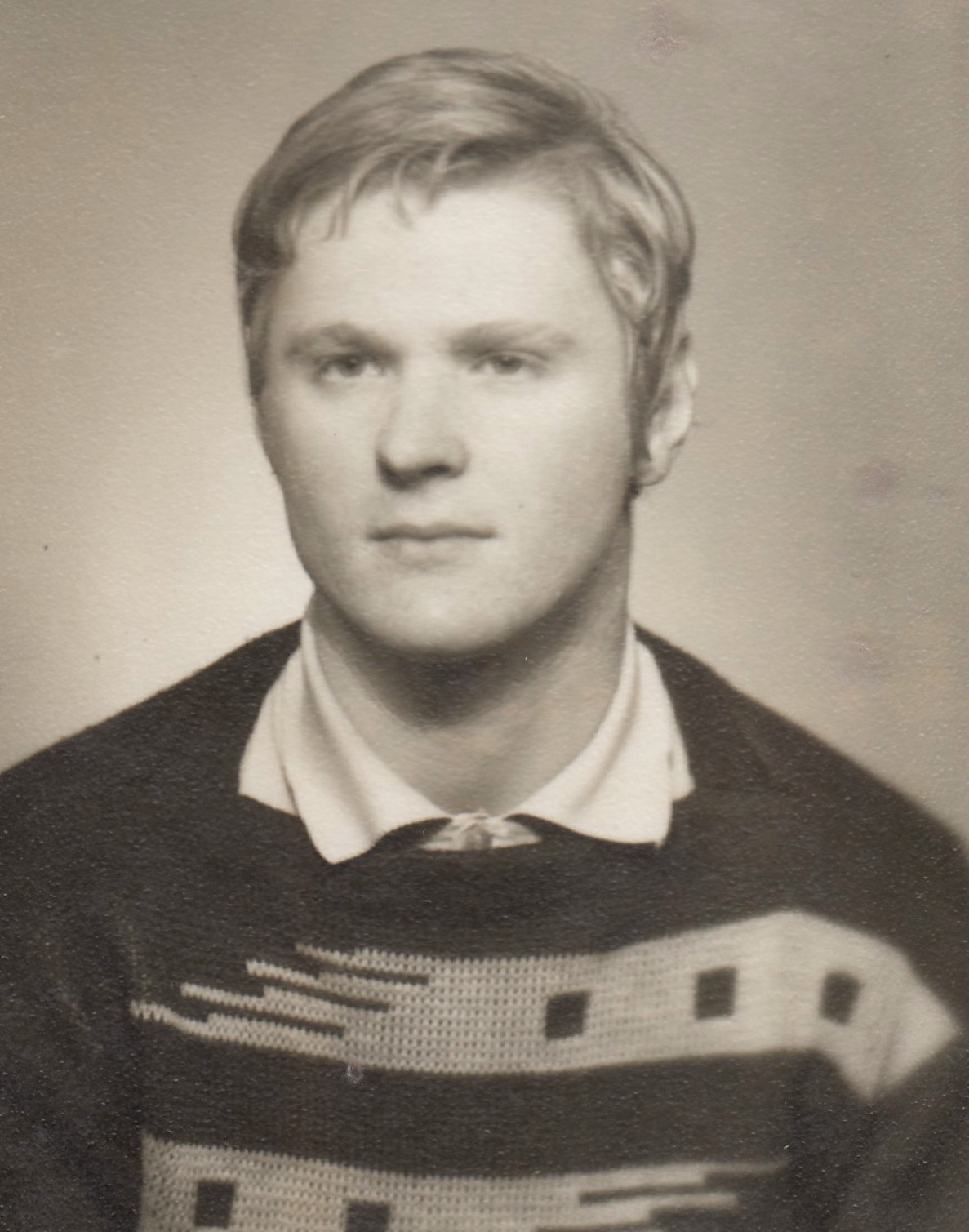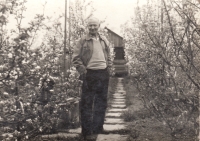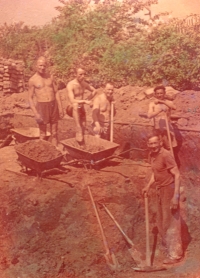My father served time for sedition The whole family was scared until the Velvet Revolution

Download image
Jaroslav Dopita was born into a very wealthy and hard-working family of Věra and Jaroslav Dopitas on 18 April 1948 as the first-born son. One of the most prosperous companies in Pardubice was founded by his grandfather Josef Dopita in the 1930s. The Dopita a spol. woodworking firm grew rapidly with modern equipment and an honest approach. The grandfather and his two sons managed to maintain the company during the war. Its development was violently interrupted by the nationalization of the entire family’s property in 1948. The witness’s father refused to become the manager of a sawmill in Šumava. From then on he was only allowed to work manually. In 1962, the witness’s father and uncle were sentenced to 17 months in prison for sedition. The father was taken to Jáchymov, the uncle to Žatec. The father lost 15 kilos in prison. The witness faced problems at school because of his bourgeois background, his religious beliefs and his father in prison. He was the only one in his class who did not join the Pioneer movement. He graduated from a mechanical engineering high school in 1966 and immediately joined Tesla in Pardubice. He played hockey, football and cycling on a competitive level. In 1970 he married Dagmar Kalvodová, the daughter of architect Kalvoda. He avoided politics, feigning illness during plant loyalty tests. He feared political repressions throughout the normalisation period all the way to 1989. Ironically, his father was allowed to travel to the USA from 1980 on. The Velvet Revolution was greeted with enthusiasm in the family. They got back some of their property as part of restitution. At the time of filming in 2024, he lived in Pardubice with his wife Dagmar.



















